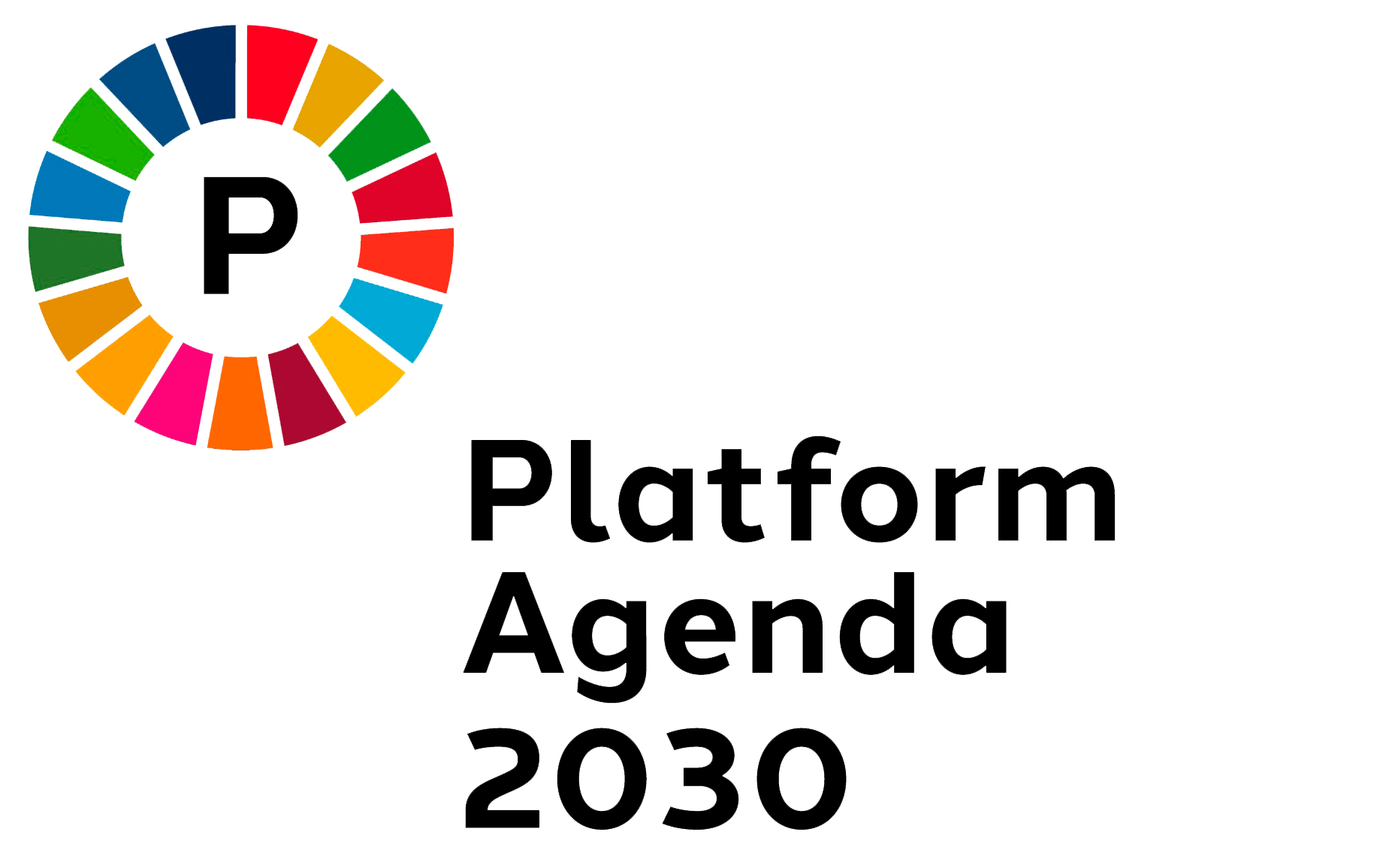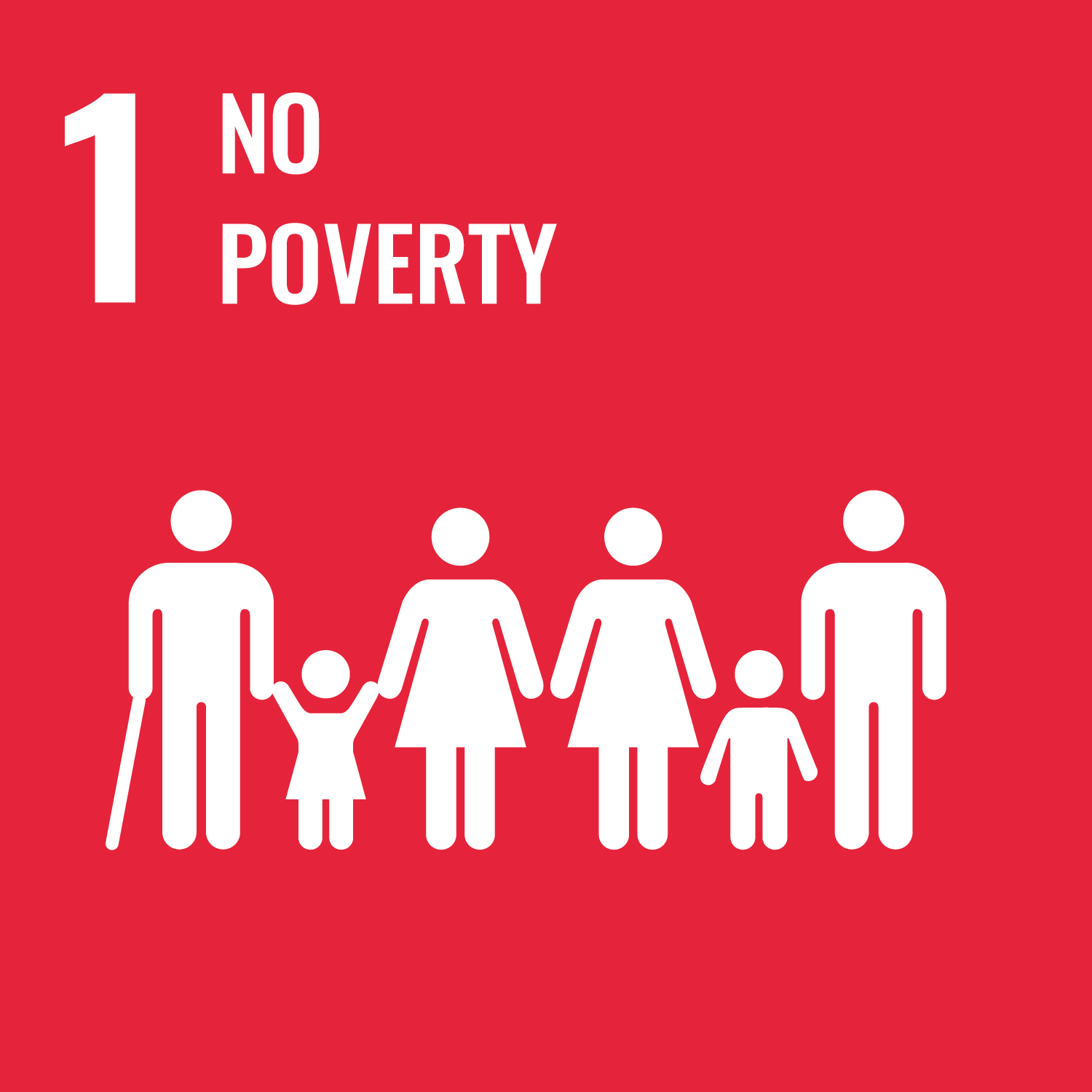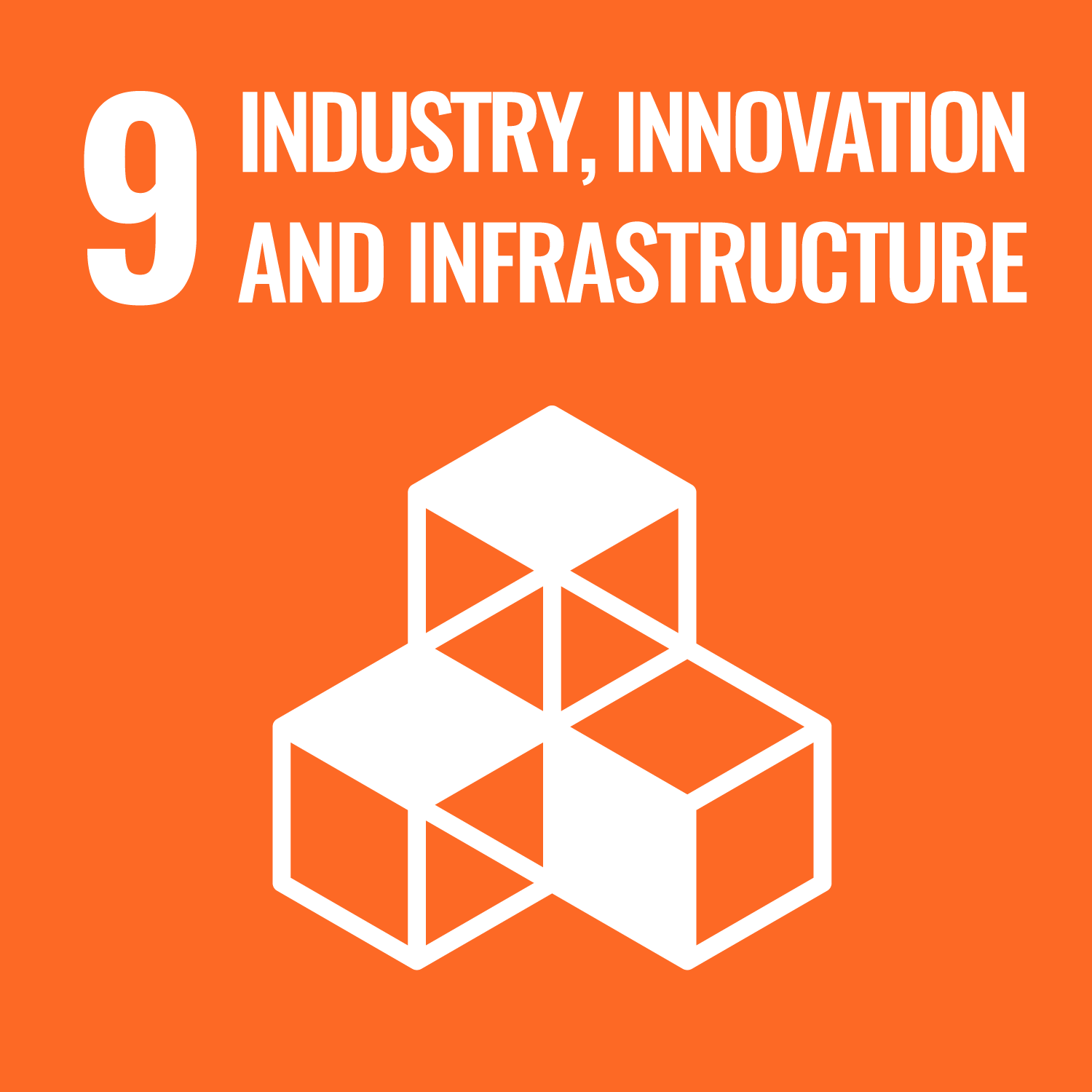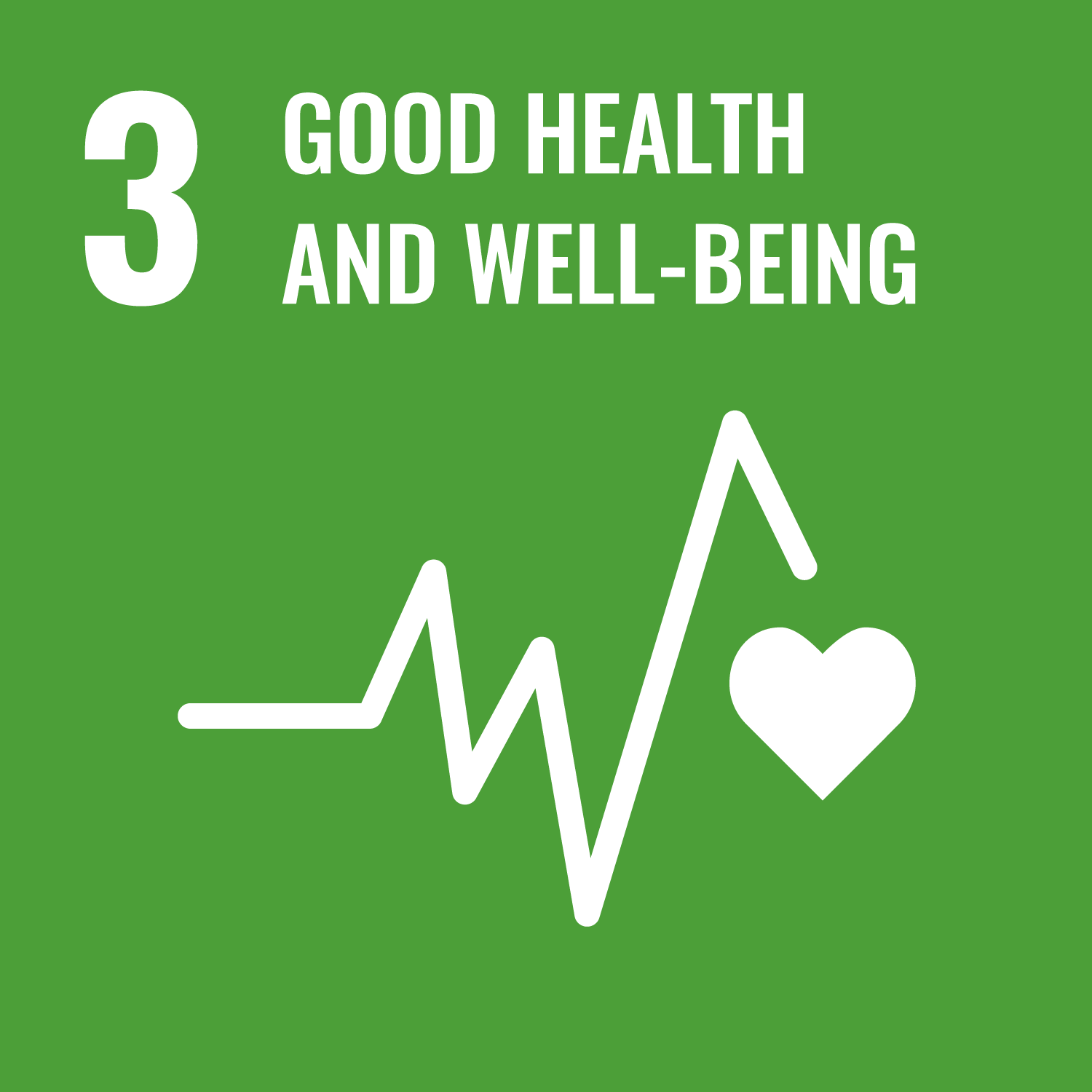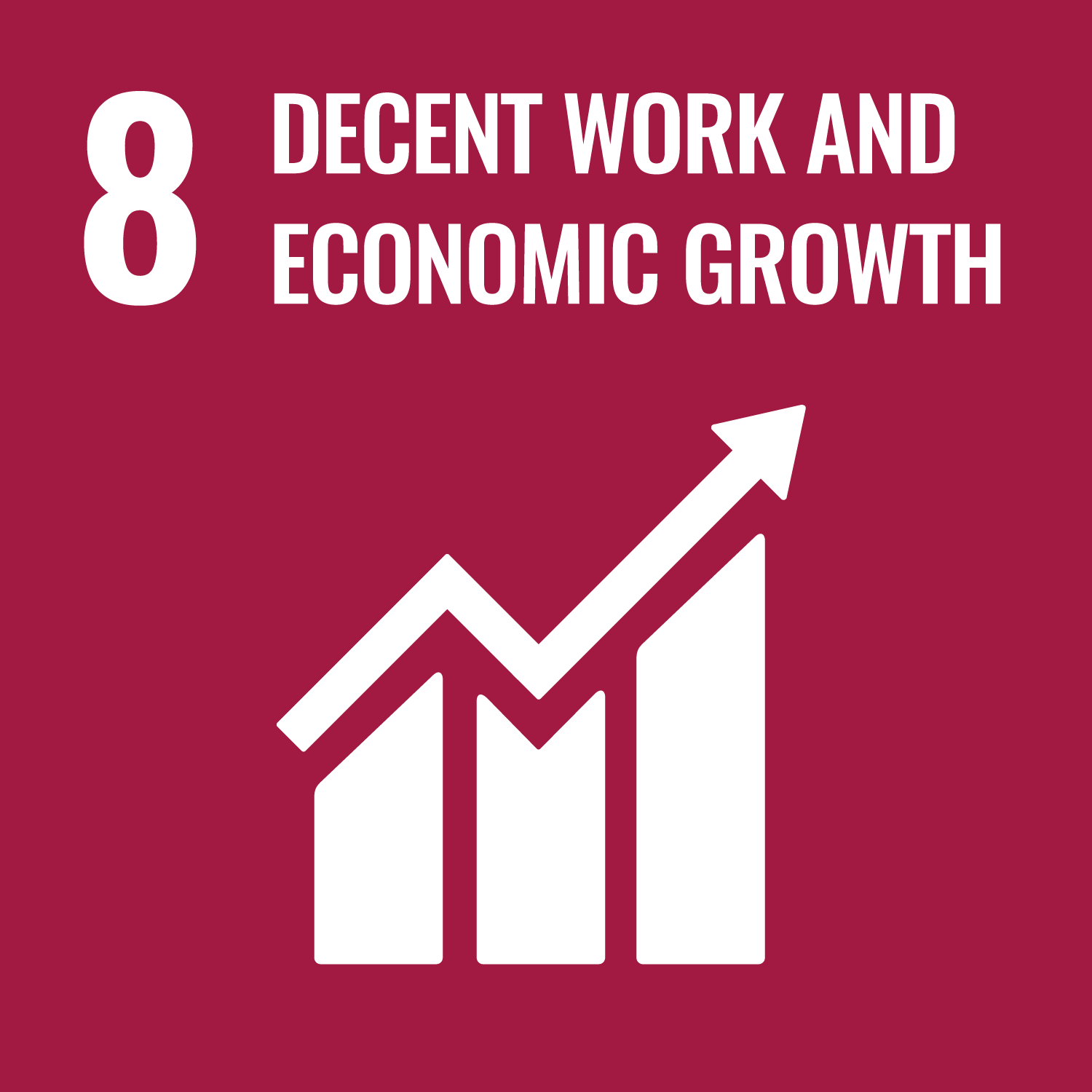Leave no one behind
At the same time, tax reforms have made the system less progressive in nature. While high incomes rose faster than the average, high earners now contribute much less to public finances than they did in the mid-1980s. Swiss fiscal policy is also exacerbating inequality around the world. Economists Without Borders estimates that conglomerates move more than 100 billion dollars in profits to Switzerland each year, meaning that it is not taxed in the countries where those groups actually produce.
A lack of revenues and the resulting austerity policies mean that basic services are not guaranteed for all, whether in Switzerland or in the Global South. Contrary to the promise that it would leave no one behind, our current political system accepts that certain sections of the population will simply be refused basic human rights such as access to education or healthcare. For example, deaf people in Switzerland rely on the support of sign language interpreters to live a self-determined life or to access the labour market, education or politics. However, a lack of funding limits the use of these interpreters in a professional context, and requests are decided on a case-by-case basis. This is no way to ensure effective inclusion.
A distinction is also made according to potential where the integration of temporarily admitted foreign nationals and recognised refugees is concerned. By contrast, the ‘leave no one behind’ principle would allow everyone the freedom to determine their lives for themselves. Too little is done to understand and provide for the needs of those facing multiple discrimination, including women caring for families, or people with disabilities. Not enough effort is being made to promote social integration or provide the necessary financial support.
The COVID-19 crisis accentuated inequalities in Switzerland. Sans-papiers in particular found themselves in a precarious situation, without assured access to government assistance. The same was true of migrants, especially those in temporary employment or paid by the hour. In many cases, they did not claim the social security benefits due to them for fear of losing their residence status. The pandemic threw inequality into sharp relief around the world. In states without functioning social security systems there is no safety net to cushion loss of income, and individuals and groups that already face discrimination were – and still are – hit especially hard by the crisis.
During the crisis insufficient attention was paid to the needs of people with disabilities. Federal Council press conferences were not translated into sign language until disability organisations intervened. Initial triage guidelines discriminated against people with disabilities. And there is still no data available on the situation of people with disabilities during the pandemic.
The underprivileged are often excluded from decision-making processes. Compared with other countries, it is very difficult to gain Swiss citizenship, so one quarter of the population is effectively disenfranchised. Individuals who are under a general deputyship are currently denied all political rights at federal level and in the majority of cantons. Only a few cantons and local authorities offer those who do not have a Swiss passport or who are under wardship the right to vote and be elected.
The UN Global Compact for Migration is an effort by the international community to create safe and legal migration paths. Switzerland has so far stood on the side lines, instead making its asylum and migration policy ever more restrictive. Swiss embassies stopped accepting asylum applications in 2012, and humanitarian visas are issued only in isolated cases. Too little use is made of opportunities to participate in resettlement programmes. Although persons displaced from Ukraine were quickly offered ways of coming to Switzerland and working here under a special protected status, the Swiss authorities continue to take a hard line against those fleeing other countries.
- Swiss tax and financial policies reduce inequalities in Switzerland. Internationally Switzerland helps to establish a progressive approach that redistributes wealth within countries and between regions.
- Switzerland draws up a strategy and action plan to implement the UN Convention on the Rights of Persons with Disabilities comprehensively in Switzerland and in its international cooperation work, and provides sufficient resources to achieve this. People with disabilities play an active part in drafting and implementation.
- Switzerland recognises and promotes the three Swiss sign languages.
- Switzerland aligns its integration policy with the needs of the individual. It specifically considers the needs of those affected by multiple discrimination.
- Barriers along the path to naturalisation are lowered. People who do not have Swiss citizenship and those under a general deputyship are given more opportunities at all levels to help shape and determine political action.
- Switzerland supports the UN Global Compact for Migration. It creates more safe and legal emergency routes into Switzerland.
- The federal government and the cantons analyse the impact of the COVID-19 crisis on inequality. They identify those population groups who were most affected and focus in particular on multiple discrimination. An inclusive process draws lessons for the future.
In collaboration with Dominik Gross, Alliance Sud, Mirjam Gasser, CBM Schweiz/SDDC, Nina Vladović, HEKS, Deborah Thür, Swiss Federation for the Deaf
Report as PDF
- World Inequality Lab: World Inequality Report 2022. Coordination: Lucas Chancel, Thomas Piketty, Emmanuel Saez, Gabriel Zucman. 2021. wir2022.wid.world
- Anu Lannen, Sabin Bieri, Christoph Bader: Inequality: What’s in a Word? CDE Policy Brief, No. 14. 2019.
